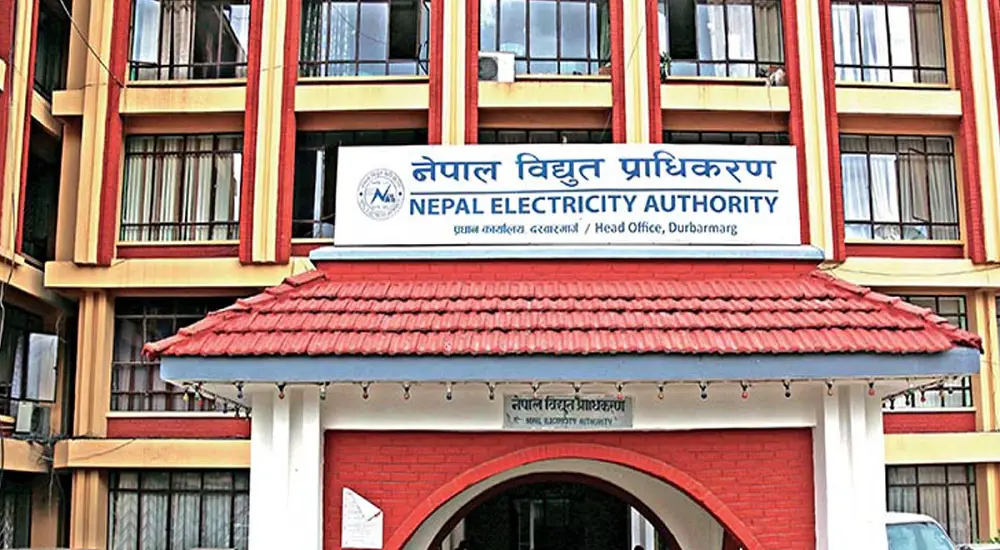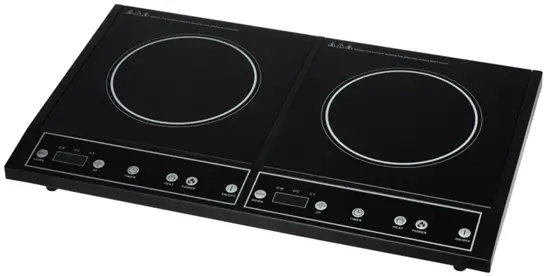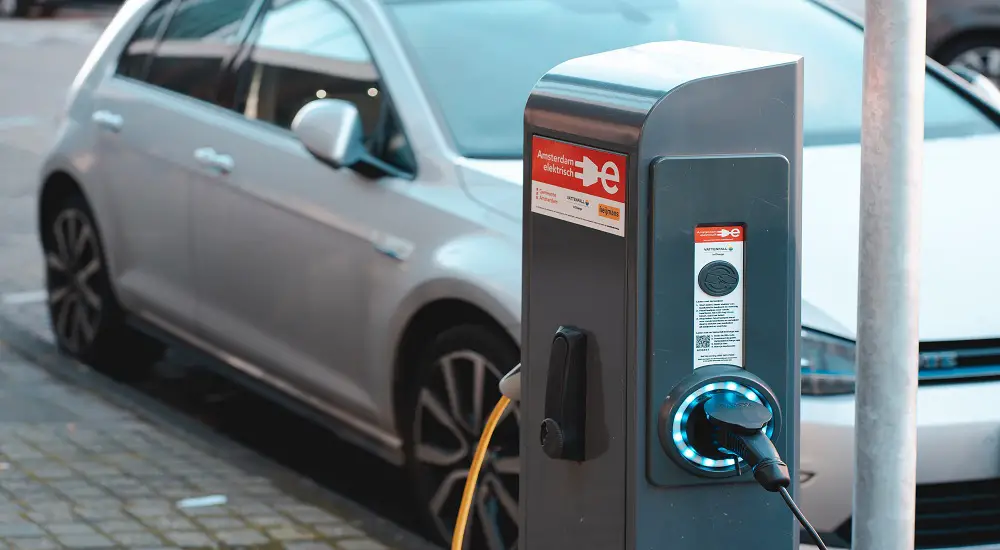The incentives on electric vehicles and induction stove use will improve domestic power consumption. Using energy-powered vehicles and appliances will also help reduce Nepal’s fuel import and lessen the trade deficit. As per the NEA MD Kulman Ghising, the organization could significantly reduce electricity bills to encourage people to buy and use electricity-run hardware.
Nepal Electricity Authority (NEA) has announced that it will begin the Induction Stoves and Electric Vehicles Incentives Program to encourage the public to make more use of electricity.
The news was announced by NEA MD Kulman Ghising at a program in Butwal on Saturday. He said, that the initiative is required to promote domestic power consumption. He said the NEA’s program will encourage people to use induction stoves in kitchens and drive more EVs in the streets.
Incentives on Electric Vehicles: A Measure to Combat Fuel Prices
Fuel prices have soared drawing to the growing frustrations of the public. LP gas gasoline prices have hard-hit working-class people the most in Nepal. But there is a growing consensus that the use of EVs holds the key to many of our concerns relating to petroleum, including incessantly rising fuel prices.
Gasoline products have continued to rise despite in international market and that translates to Nepal as well. The government has slammed a 70% tax on gasoline and maintaining that margin will always put the low-income class at a disadvantage. Similarly, the price of LP gas cylinders is also subject to increase frequently.
Nepal Oil Corporation (NOC) increased the cost of fuel to public outcry. The state-owned organization increased the price of gas (petrol) by Rs.3 and cooking gas by Rs.75 per cylinder drawing nationwide rebuke.
The newly revised fuel prices have increased petrol price to Rs.136 and cooking gas will now cost Rs.1,575. The rise in fuel costs will also aggravate the entire commodity market and cause inflation in the already plagued economy. Resorting towards EVs and other electric hardware could potentially alleviate our dependency on fuel and cut down our expenses.
Check: Yatri Project 0 Bike Launched; Find Price and Features
NEA to Reduce Electricity Costs by 50-60%
NEA is exploring options to motivate people to use more power on daily basis. NEA MD Ghising says the organization will reduce electricity costs by 50 to 60% to encourage people to use more electricity.
He also said that NEA plans to build 50 charging stations for electric vehicles aka EV charger or electric vehicle supply equipment (EVSE).
He even sounded out to the private companies that NEA would set up charging stations for the companies that are eager to make an investment.
Nepali households use 92 thousand cooking gas cylinders per day. If induction stoves come into Nepali kitchens, it would immediately reduce LP gas import by 40 thousand.
Meanwhile, Nepal’s petroleum import has stagnated the economy forever. Nepal spends hundreds of billions in gas imports from India. Riding electric vehicles would translate into a major advantage to Nepal’s economic favor while also promoting a sustainable environment.
Also read: Power demand on Laxmi Puja Reached 1270 MW | Exported 48 MW
Uninterrupted Power Supply Vital For Electricity-Powered Machines
Promoting the use of electricity-powered machines will play an important role in Nepal’s favor in all perspectives. But to substantiate the objective, the government must revise its tax policy on EVs and sharply cut down electricity bills.
Furthermore, NEA must also ensure that the power outage would be minimal to achieve trust from the public. Nepali consumers won’t be encouraged to buy electric products if the power cut issue doesn’t subside. Earning public trust is important if the government wants the public to turn to electricity powered-machines.
If NEA supplies electricity uninterrupted and slashes the power bills, more people will entertain their transition towards electricity-run EVs and induction stoves.
EVs and the use of other electricity-run machines come with major benefits. It cuts down on carbon and minimizes pollution to keep our cities clean. It will also compensate for Nepal’s deterred economy. Nepal’s trade deficit is the real concern and petroleum import is one of the liabilities. The use of EVs and other machines will prove crucial in reducing the trade deficit. EVs are the new norm and Nepal, being one of the countries at stake from climate change, should turn to alternative options sooner rather than later.
Do you entertain NEA’s said incentives on Electric Vehicles and Induction Stoves to make a transition in your ride and kitchenware, or do you want more convincing efforts by the government on taxes to minimize the costs of such machines? Do share your opinions in the comments below.





